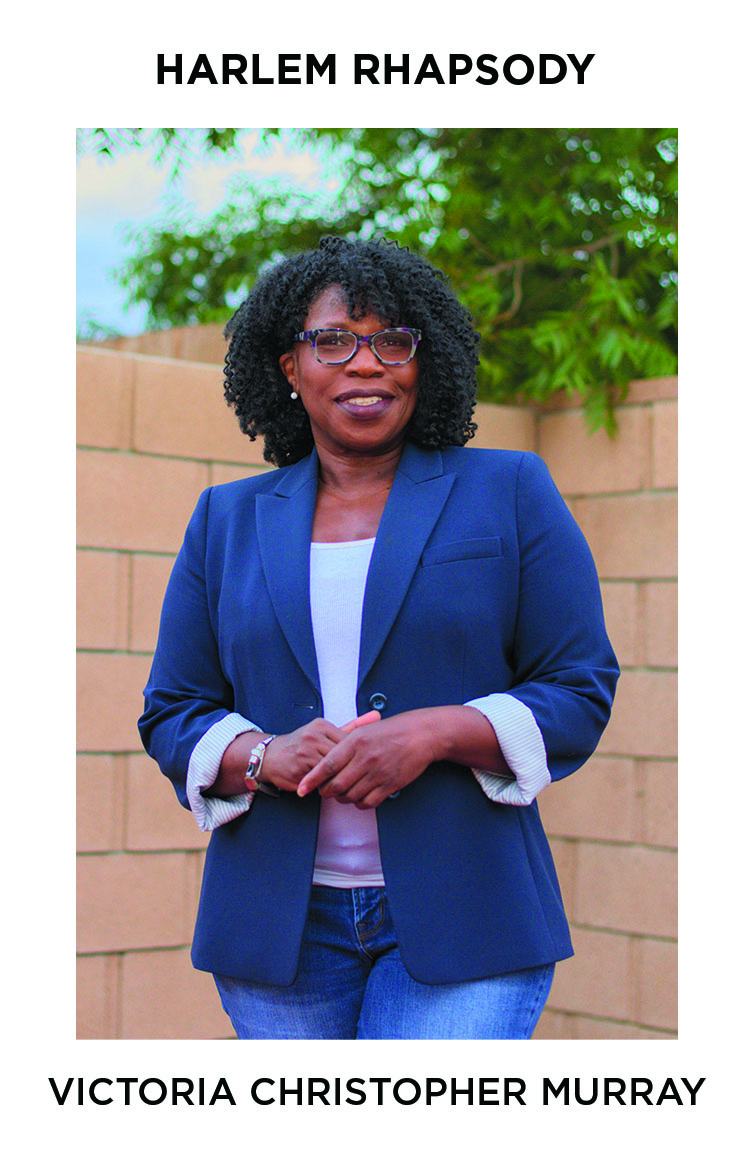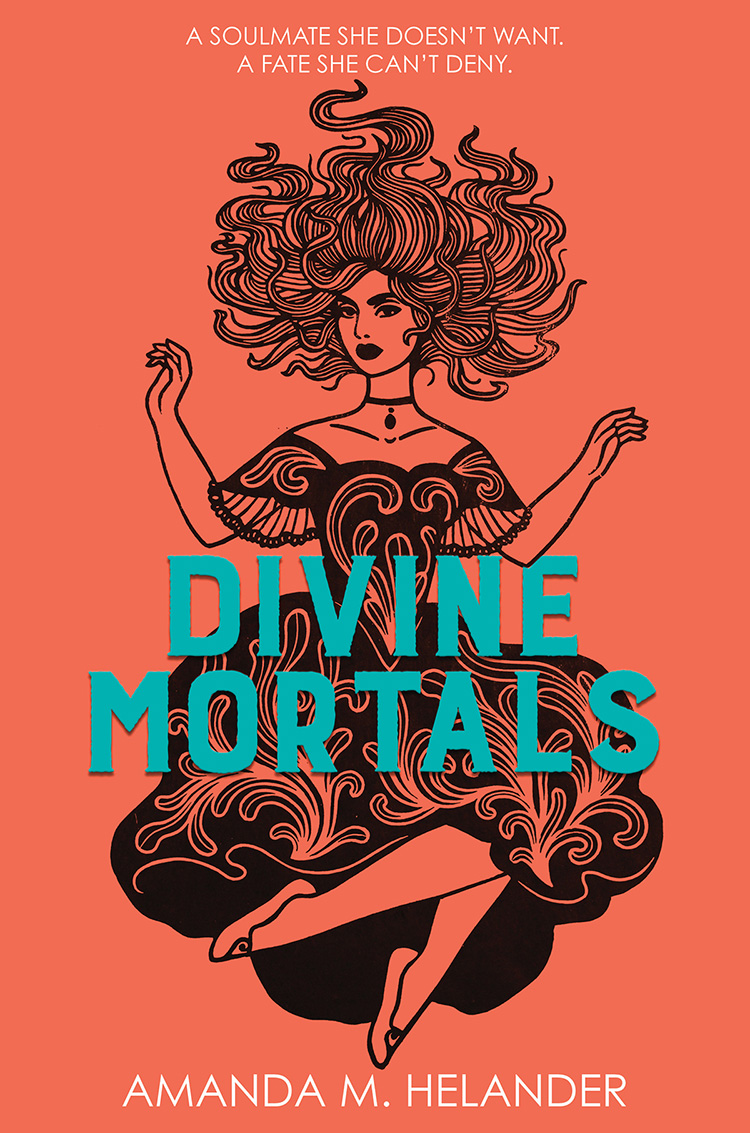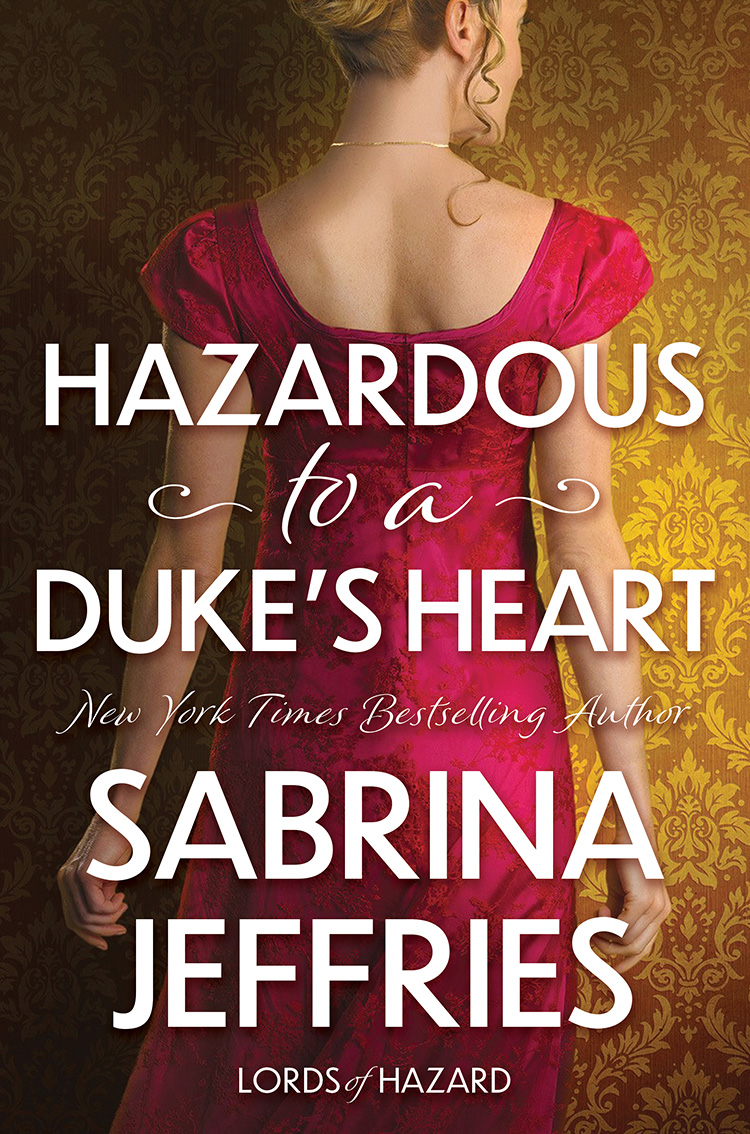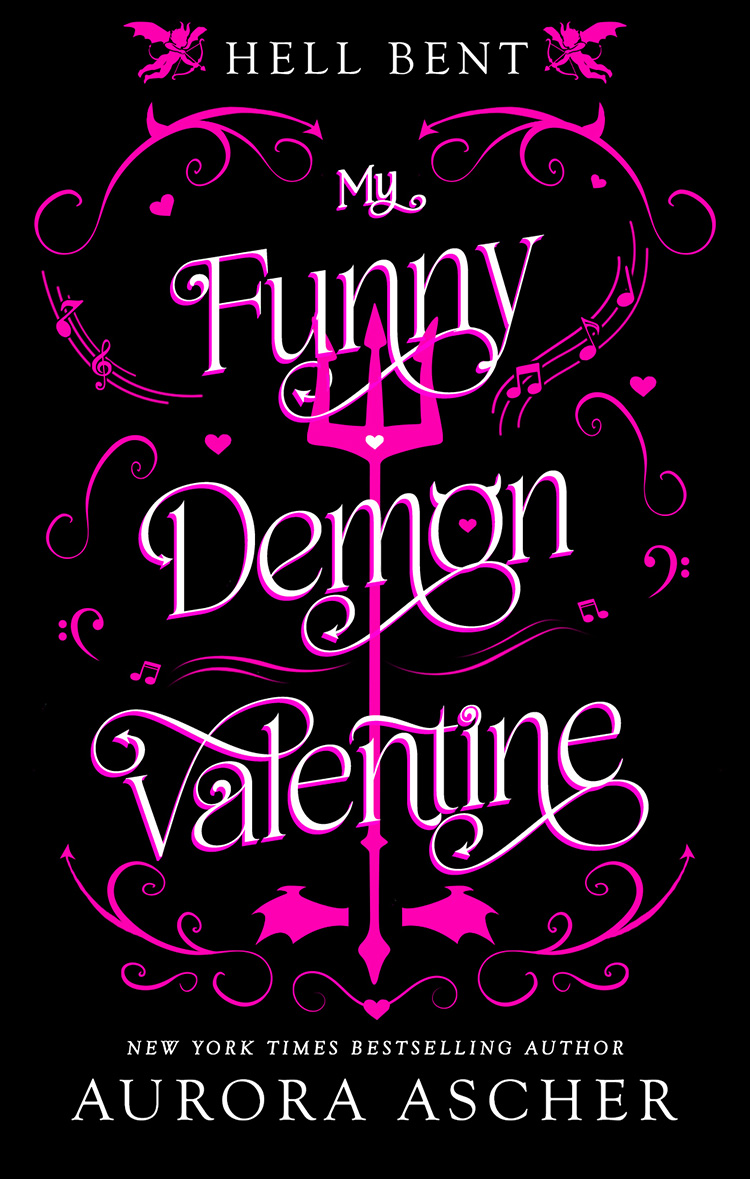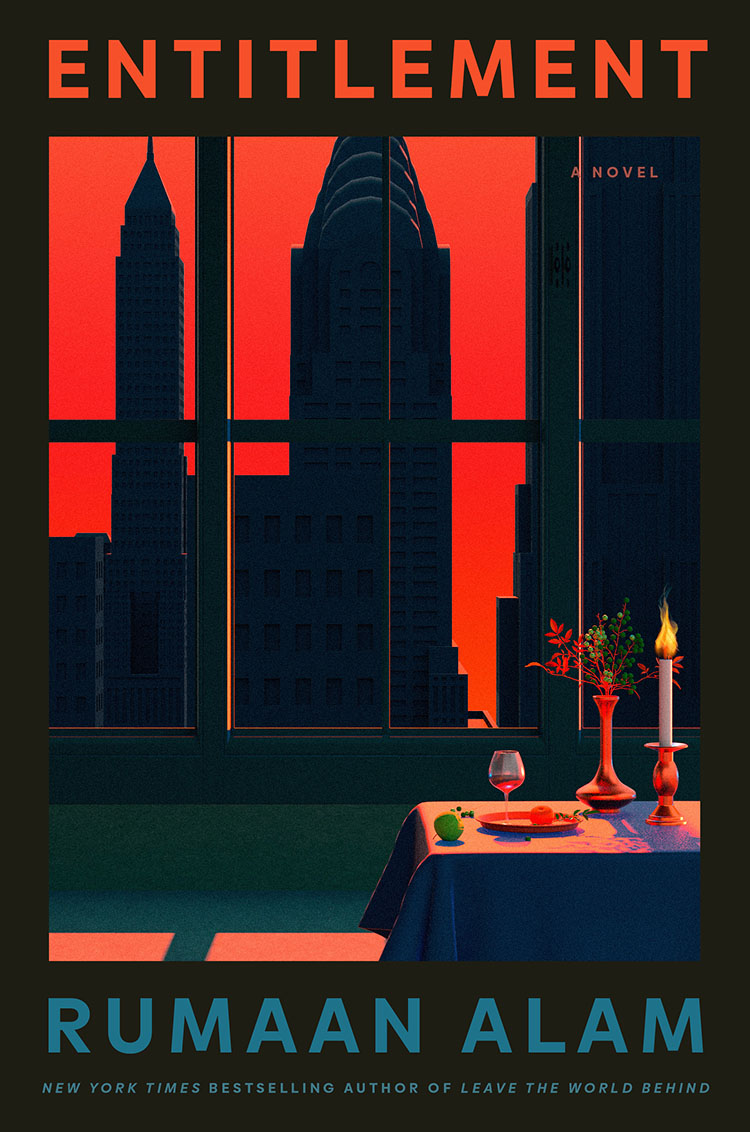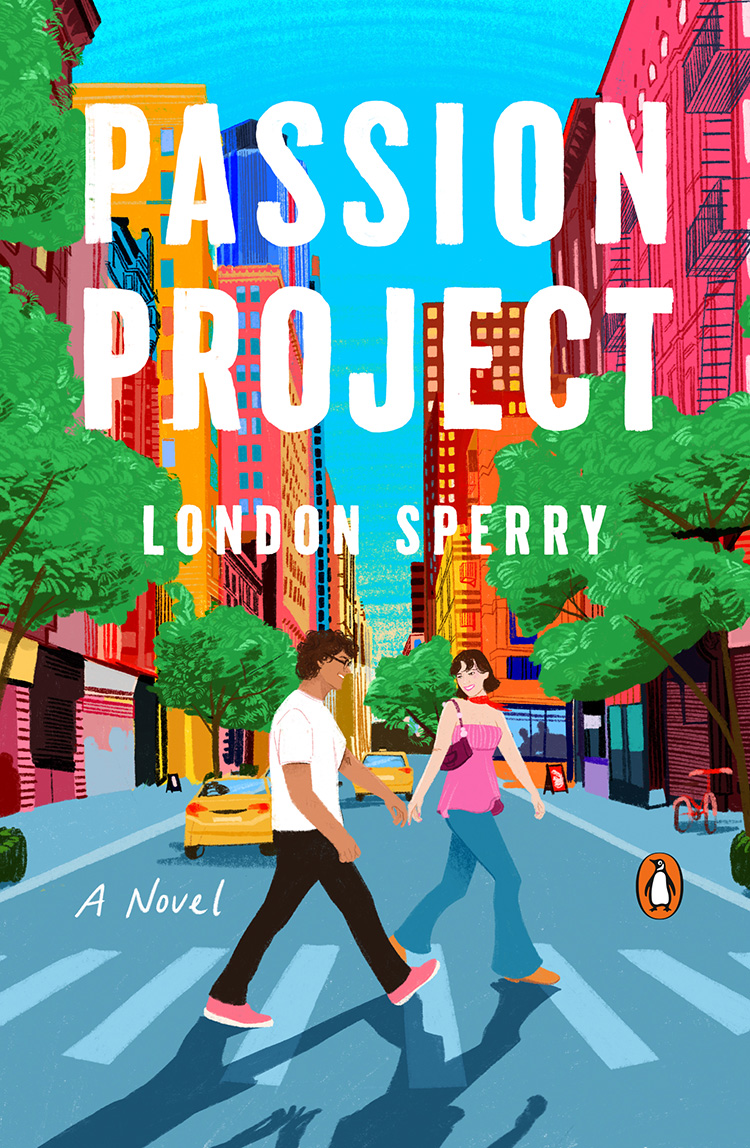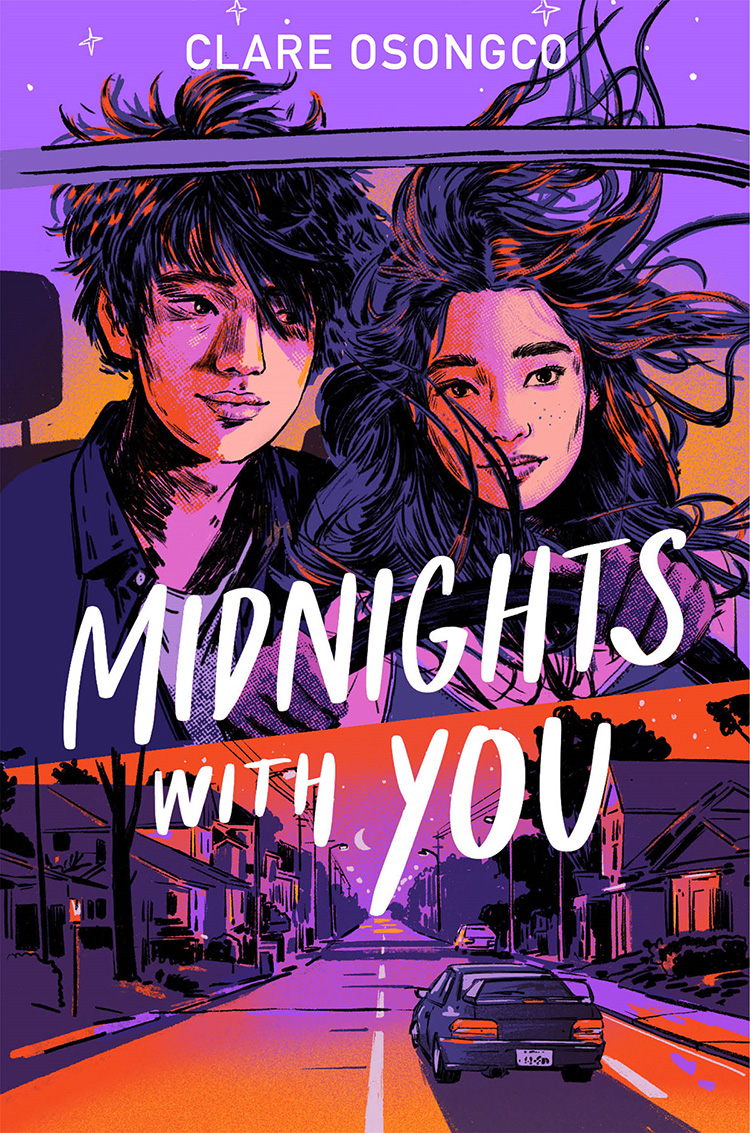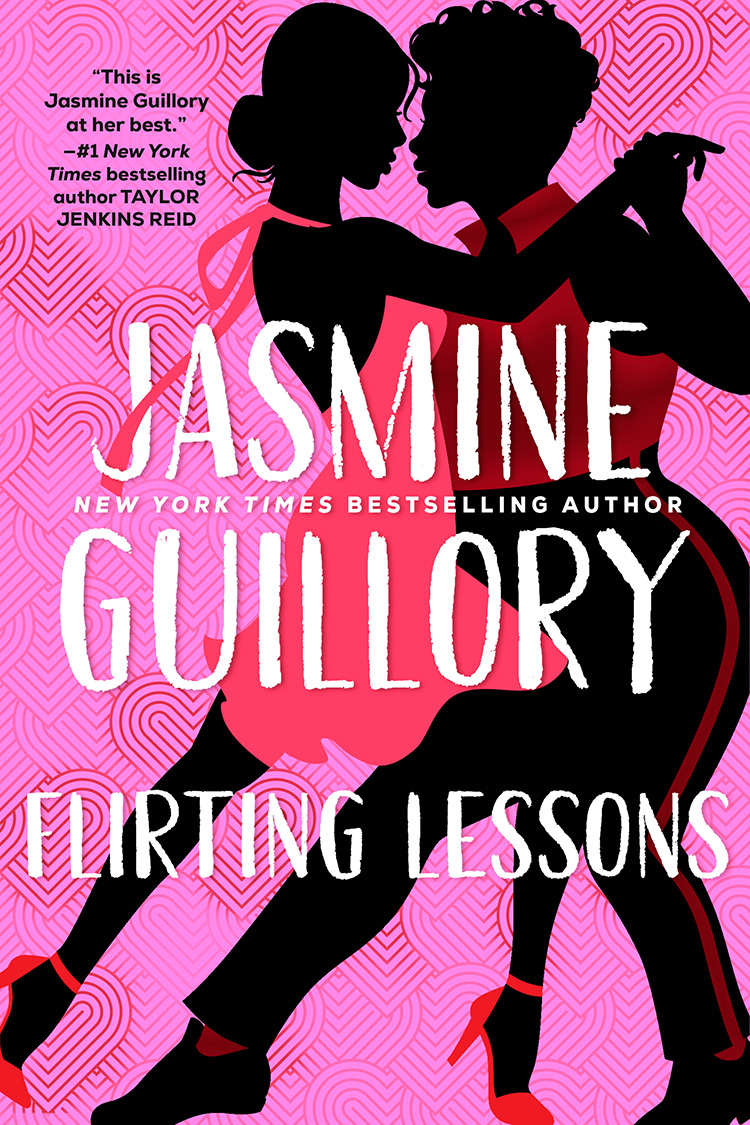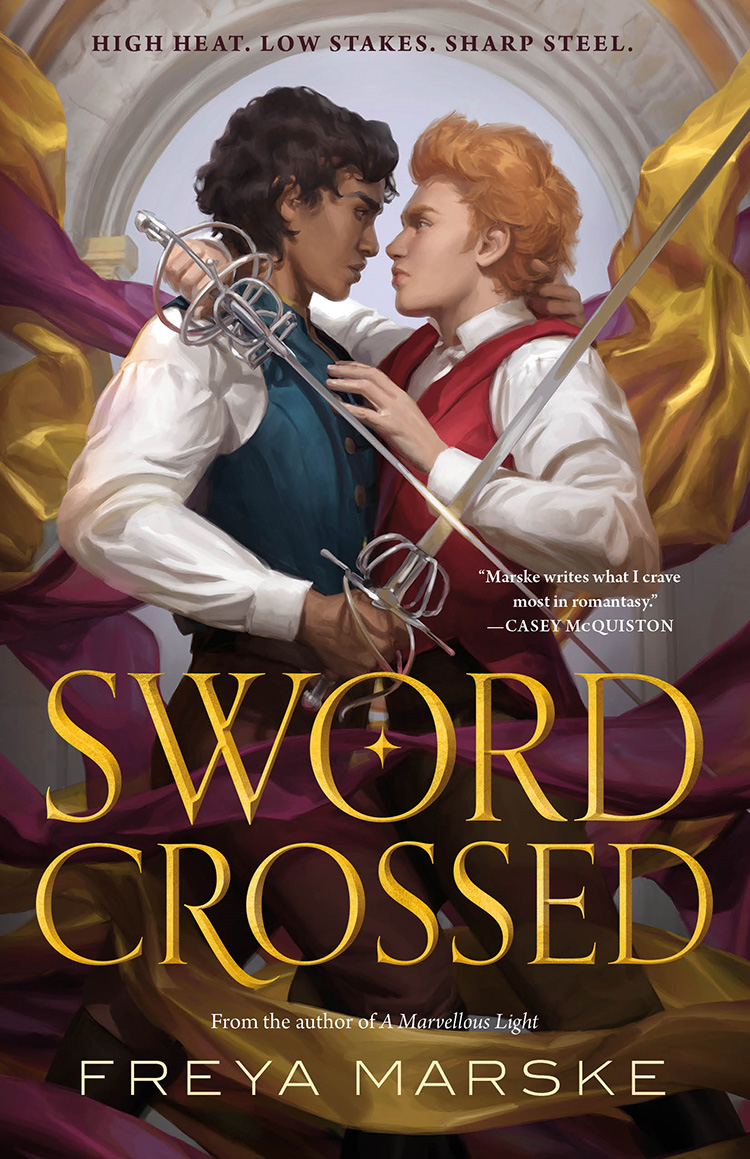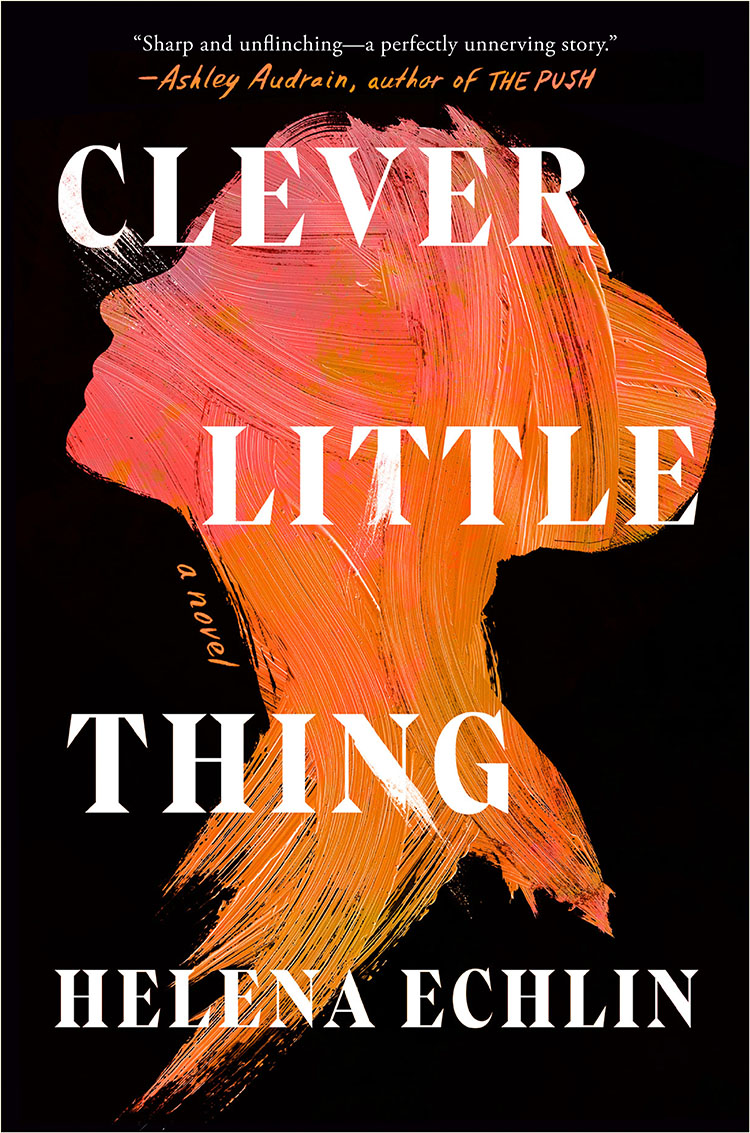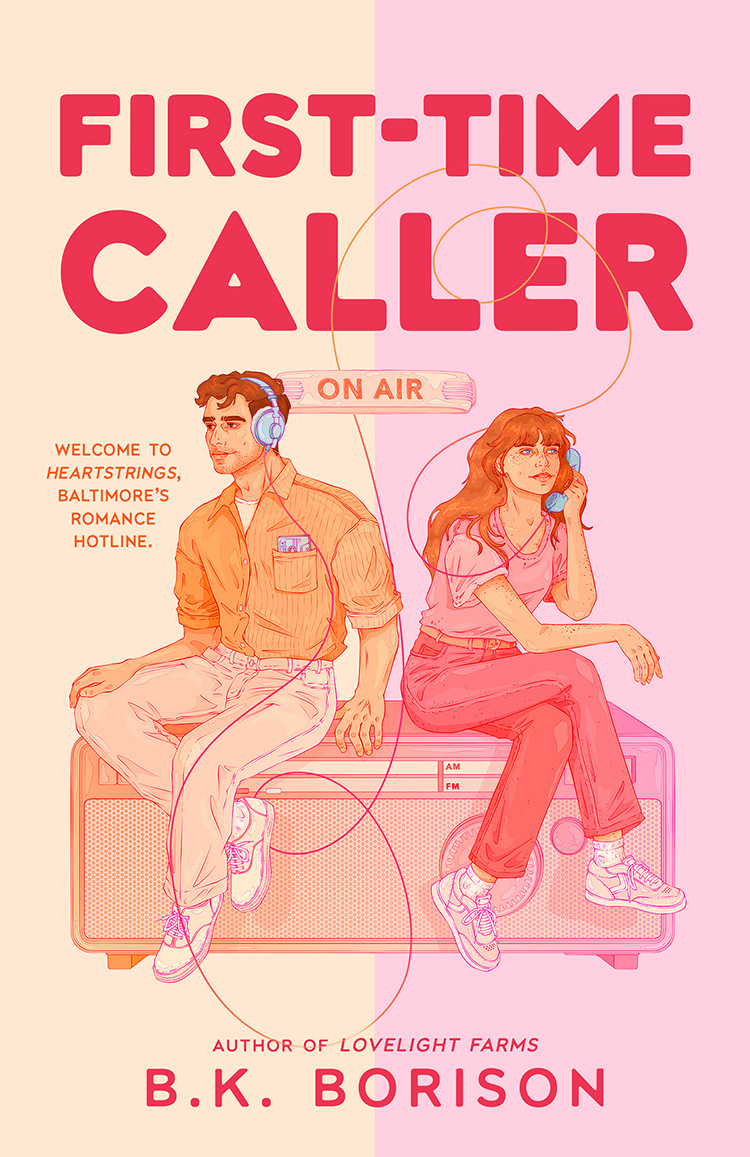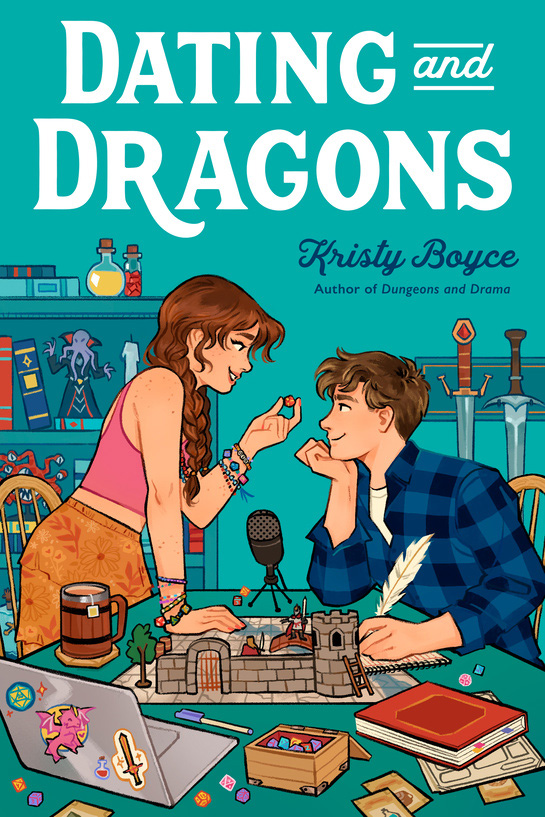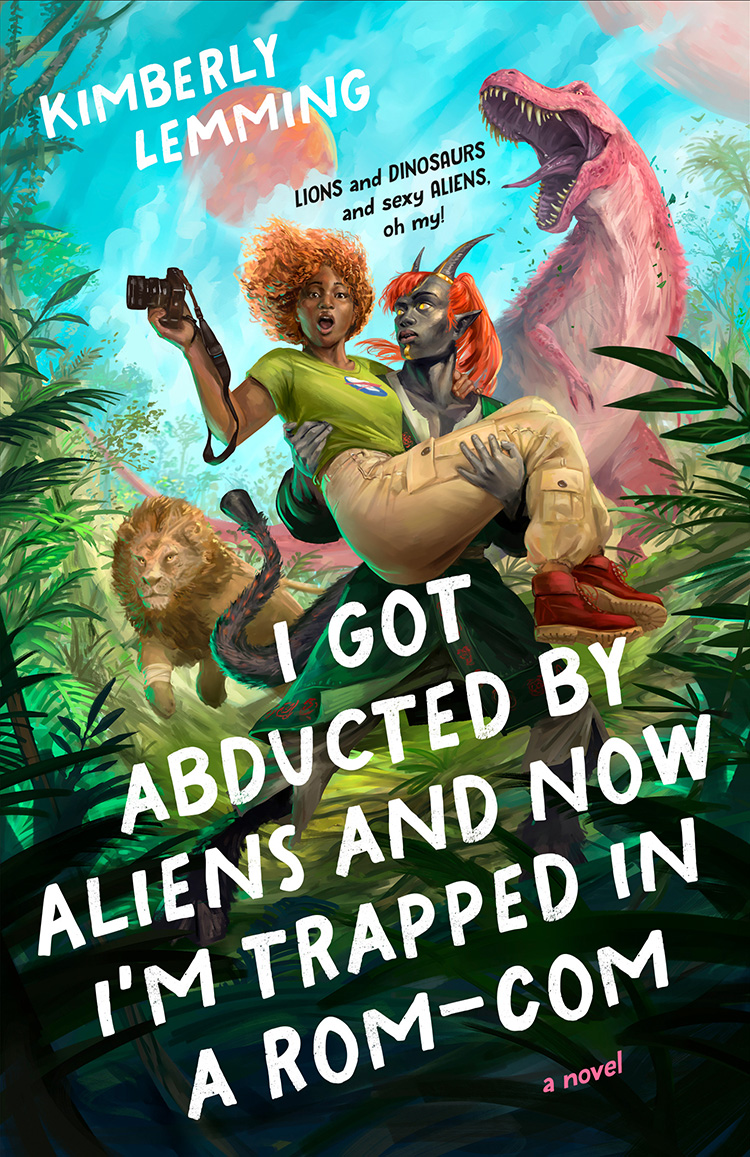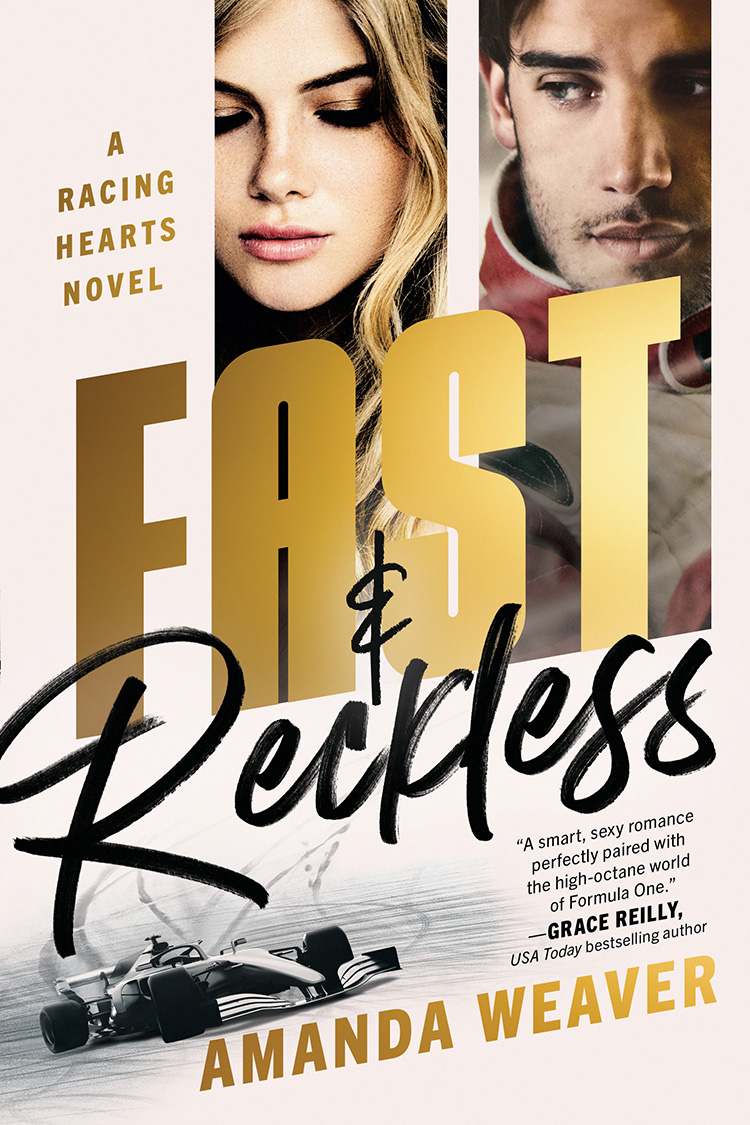A richly imagined, sweeping novel set in the climate-changed world of our own descendants, by the acclaimed author of Whiskey When We’re Dry.
A young boy and his older sisters find themselves suddenly and utterly alone, orphaned in an abandoned fishing village. Their food supplies dwindling, they set out across a breathtaking yet treacherous wilderness in search of the last of their people.
Down the coast, raiders deliver the children’s mother, along with the rest of their human cargo, to the last port city of a waning empire. Determined to reunite with her family, she plots her escape—while her fellow captives plan open revolt.
At the center of power in this crumbling city, a young scholar inherits his father’s business and position of privilege, along with the burden of his debts. As the empire’s elite prepare to flee to new utopia across the sea, he must decide where his allegiance lies.
With a rapidly changing climate shifting the sands beneath their feet, these three paths converge in a struggle for the future of humanity—who will inherit what remains and who gets to tell its story. At once a sweeping survival story; an epic of the distance future; and a post-apocalyptic vision of hope and optimism, The Ancients weaves a multilayered narrative about human resilience, hope, and stewardship of our world for future generations.
A story full of passion and revenge, following one family living on the Texas Mexico border and a curse that reverberates across generations—“Fuentes has achieved something rare and indelible with this story of complex women.” (Erika L. Sanchez)
An electrifying debut novel from an “unusually gifted writer” (Lorrie Moore) about the radical intimacy of physical competition.
A paradigm-shifting book looking at the pervasive influence of silence and how we can begin to dismantle it in order to find our voices at home and at work
Rebecca meets Fatima Farheen Mirza in this sweeping, gorgeously atmospheric novel about a ruined mansion by the sea, the djinn that haunts it, and a curious girl who unearths the tragedy that happened there a hundred years previous.
A sweeping, propulsive novel about the families we are born into and the families we make for ourselves, in which two brothers struggle to find their place in an Iran on the brink of combusting.
A hilarious and heartfelt novel about a seemingly-perfect family in an era of waning American optimism, from the acclaimed author of The Altruists.
An exhilarating, tragicomic debut novel about the indomitable child of a scorned, formerly land-owning family who must grow up in the wake of Ethiopia’s socialist revolution.
From a writer who is always “razor sharp and furiously good” (Zadie Smith), a darkly comic political parable braided with a Bildungsroman that takes us inside the heart of a divided country.
The Big Guy loves his family, money and country. Undone by the results of the 2008 presidential election, he taps a group of like-minded men to reclaim their version of the American Dream. As they build a scheme to disturb and disrupt, the Big Guy also faces turbulence within his family. His wife, Charlotte, grieves a life not lived, while his 18-year-old daughter, Meghan, begins to realize that her favorite subject “history” is not exactly what her father taught her.
In a story that is as much about the dynamics within a family as it is about the desire for those in power to remain in power, Homes presciently unpacks a dangerous rift in American identity, prompting a reconsideration of the definition of truth, freedom and democracy—and exploring the explosive consequences of what happens when the same words mean such different things to people living together under one roof.
Set in the intersecting worlds of fine dining, Hollywood, and the media, a darkly hilarious and ultimately devastating satire about the underside of success and fame, and our ongoing complicity in devouring our cultural heroes
While filming on location in Belfast, Northern Ireland, John Doe, the universally adored host of the culinary travel show Last Call, is found dead in a hotel room in an apparent suicide. As the news of his untimely demise breaks, a group of friends, fixers, hustlers, and opportunists vie to seize control of the narrative: Doe’s chess-master of an agent Nia, ready to call in every favor she is owed to preserve his legacy; down-on-her-luck journalist Katie, who fabricates a story about Doe to save her job at a failing website; and world-famous chef Paolo Cabrini, Doe’s closest friend and confidant, who finds himself entangled with a deranged Belfast hotel worker whose lurid secret might just take them all down.
With raucous, deliciously cutting prose, crackling dialogue, and an unpredictable, tightly plotted story line—bolstered by the authors’ insider knowledge of high-end restaurants and low-end digital media—The Lemon is a darkly hilarious and ultimately devastating interrogation of the underside of success and fame, and our ongoing complicity in devouring the cultural heroes we hardly deserve.

